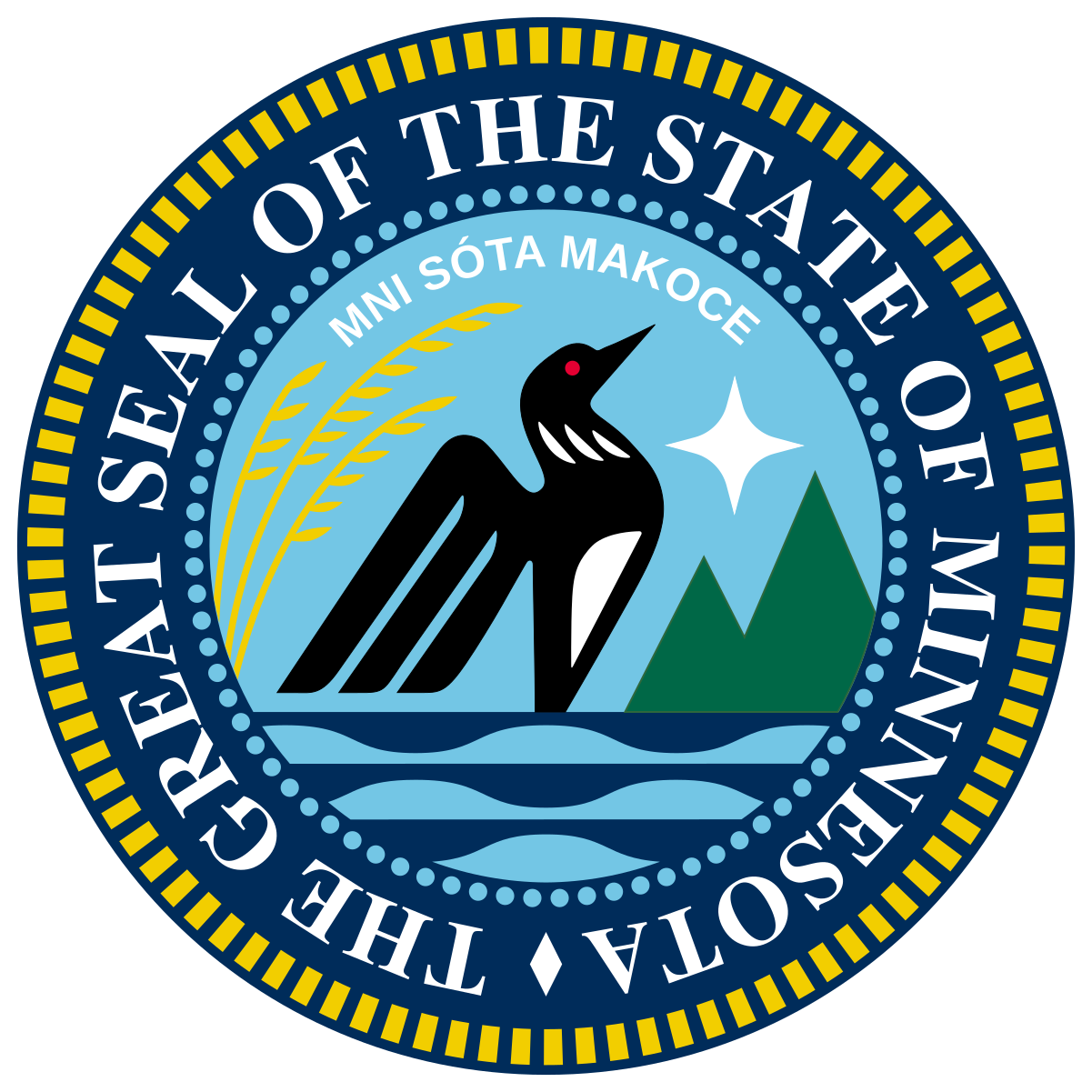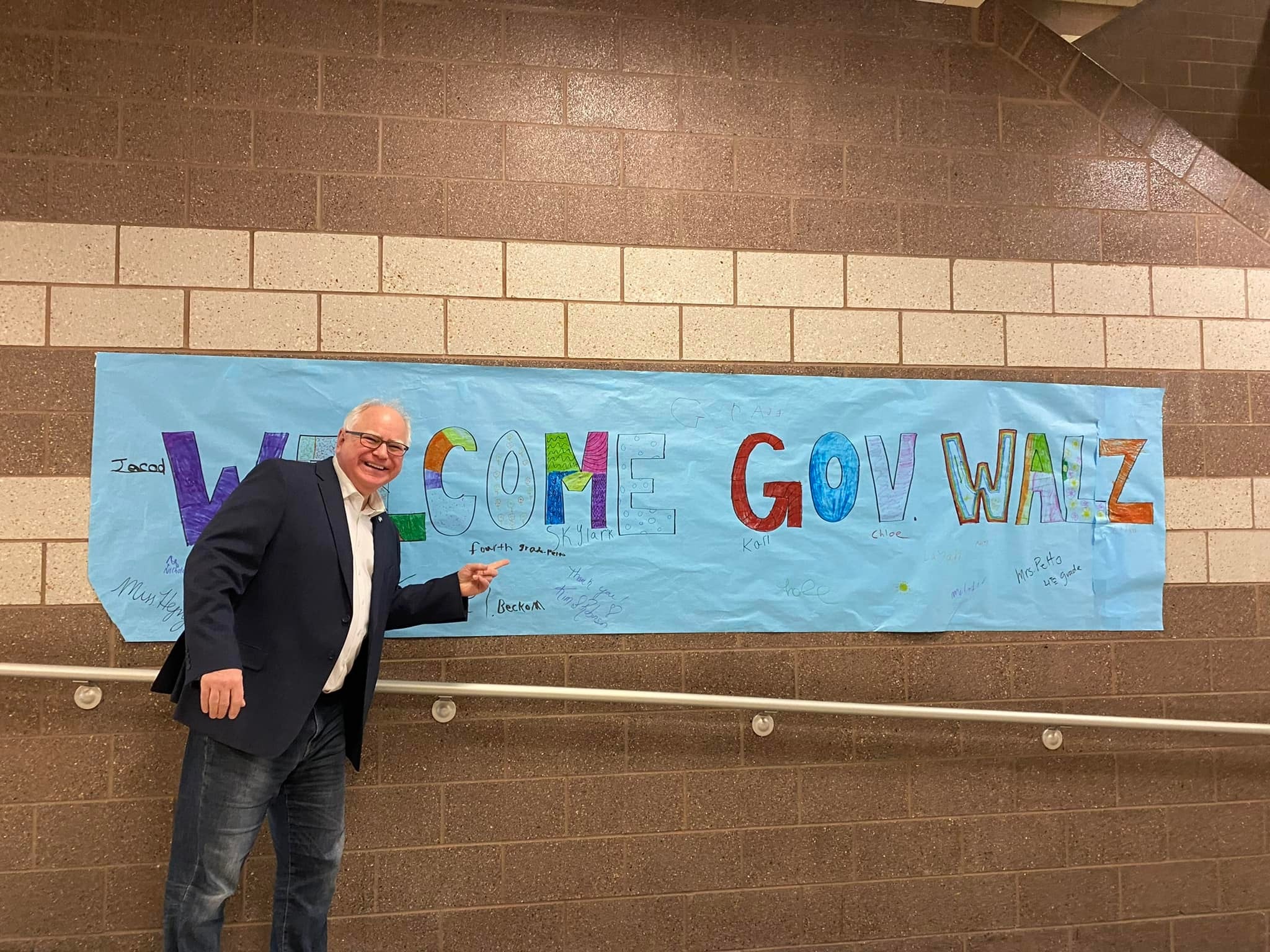On August 2, not long before he was selected as Kamala Harris’s running mate, Minnesota Gov. Tim Walz was asked on Ezra Klein’s podcast what the Democratic Party’s top priority should be in 2025, should it win a governing majority.
“I think paid family and medical leave,” the then-VP candidate quickly answered. “We’re the last nation on Earth basically to not do this.”
Three months later, casual or even close observers of the Harris-Walz campaign would have to be forgiven for not knowing this was ever part of the platform.
Progressives were eager to spin Walz’s nomination as a victory for the left when it was first announced. By the standard of Minnesota’s Democratic Farmer-Labor Party, Gov. Walz is a moderate, which thereby places him squarely to the left of the average U.S. politician. This includes the remaining coterie of inoffensive white dads the Harris campaign assembled for her VP short list. Unlike Pennsylvania’s Gov. Josh Shapiro or Arizona’s Sen. Mark Kelly, Walz had opposed military interventions while in the U.S. House, signed a bevy of progressive legislation as governor, expressed support for Medicare for All and legal marijuana, and even mounted a polite defense of the Uncommitted movement on national television.
As the Biden-Harris era has shown, on substance, vice presidents are of little consequence. Running mates can matter when it comes to crafting a narrative, however.
In the early stages of his candidacy, Walz did provide optical value to the campaign, which giddily released a video of Kamala and Tim poking fun at the governor’s low spice threshold. Walz’s image—rural Midwestern National Guardsman, football coach, and hunter—gave the pundit class a few solid weeks of fodder. But when the spotlight turned back to the top of the ticket, it became evident that Walz’s selection was not indicative of a larger turn toward populism.
Even the “weird” epithet that rocketed the little-known Minnesota politician to cable news stardom was abandoned after Kamala’s advisors determined it had lost its mileage. In retrospect, Walz’s entrance on the national political scene was a short burst of good feeling in an otherwise confused and rudderless campaign.
It wasn’t that Vice President Harris jettisoned paid family and medical leave the way she had done with the Green New Deal, Medicare for All, a humane immigration policy, and a host of other left-wing policies she ran on before her 2019 presidential campaign self-destructed. Like support for the PRO Act and a higher minimum wage, paid leave was buried on the Harris-Walz website’s “Issues” tab beneath the subhead “Support American Innovation and Workers” and a long paragraph touting President Biden’s accomplishments. Aside from a pledge to crack down on price-gouging and some tailing of Trump’s “no tax on tips” proposal, Harris presented little economic vision of her own.
The Harris-Walz team was positioned to lean into the policy wins of a governor who had just enacted not only paid leave, but major investments in education, infrastructure, affordable housing, a ban on non-compete agreements, ambitious decarbonization targets, free school lunches, and codified abortion rights. It’d be hard to spin that agenda as boutique and coastal when it had been signed into law by an average gun-toting, walleye-hoisting Tim from flyover country.
The point of elections, as Gov. Walz famously said, is “not to bank political capital, you win elections to burn political capital and improve lives.” As postmortems for the Harris-Walz campaign have illustrated, its literal capital apparently was spent more on celebrity appearances, consulting fees, and ominous orbs than helping Americans understand how our lives would be improved should Vice President Harris get a promotion.
When the moment presented itself, Harris failed to break with the unpopular incumbent, perhaps afraid to offend her boss or his dwindling diehards. Four years ago, Biden pitched his presidency as a “bridge” to a new “generation of leaders.” While he didn’t anticipate this metaphorical bridge would have to be lowered through threat of force, once it was, his successor had an opportunity to complete the transition away from the timidly centrist Democratic Party of yore. It was Joe Biden, after all, who won in 2020 after synthesizing his platform with that of Bernie Sanders and won, like Barack Obama, by activating the base.
Yet Harris, preoccupied with courting the scarce, elusive never-Trump Republican, managed to elevate Trumpian concerns like the “border crisis” at her own peril. It can’t be easy to craft an exciting, modern New Deal when your economic team is made up of venture capitalists and Blackrock alums, Wall Street guys who likely accept the orthodox explanation that this latest round of inflation came from excessive government spending. Adding to that swerve away from economic populism: Harris’s brother-in-law, top Uber exec Tony West, acting as the campaign’s “guiding hand.” Tim Walz, ever the good soldier (or “joyful warrior”), was forced to watch as his running mate quadrupled-down on losing Democratic strategies.
On October 21, Walz made an appearance on The Daily Show, where host John Stewart asked, “the Cheney thing… do we really have to do that?” For a brief moment, the Minnesota governor was flummoxed. “Uh… look,” Walz stammered before underscoring the big-tent nature of the campaign: “Bernie Sanders. Dick Cheney. Taylor Swift.” Stewart appeared less than convinced: “What country did Taylor Swift get us to invade?!”
It’s now widely accepted, even by never-Trump Republicans, that making Liz Cheney a centerpiece of the campaign was a major mistake. The few voters who were persuaded by the Cheney family’s endorsement? They didn’t need Liz at forum after forum with inauspiciously phrased “Country Over Party” banners to reinforce their decision. As reporter John Nichols observed, these events ate up precious time that could have been spent trying to win back support from minority neighborhoods where Trump was able to make considerable inroads, or doing a tour of union halls with fresh faces like United Auto Workers’ President Shawn Fain, AOC or, for that matter, Harris’s own running mate Tim Walz.
Most successful Democratic presidential campaigns win with an eye to the future. Despite the relative youth of the candidates, the Harris-Walz campaign maintained an odd and misbegotten fixation on the past. Leaving aside Harris’s paeans to the pre-Trump Republican Party, two of her most active surrogates toward the end of the race were former presidents with political instincts trapped in their respective eras: Bill Clinton lecturing Palestinians about the history of Judea and Samaria and Barack Obama trying to motivate Black men by accusing them of sexism.
Think of what we could have had with a campaign that actually met the moment. Instead of yet another platitudinal town hall where Liz Cheney recounts January 6, imagine if Harris sat down with working class people to talk about what their lives would be like with paid leave, a living wage, or a union. Better yet, imagine if she had a governor at her side from a state that had enacted things like that and more. A running mate who could lay out why immigration is not a threat, how fighting climate change can provide more economic security, or how the “weird” cultural hangups of Republicans are meant to distract people from achievable progressive policies that will make the world a better place. But, in all likelihood, the real obstacle to Harris and her advisors running a campaign like that was more foundational: Not believing in all of those things in the first place.
I would vote for him if he ran for president. He’s not perfect, but he does actually try to push forward on fixing things. Hopefully we’ll have elections in 2028 🤞
Walz was the better candidate.
But not for the folks bankrolling the DNC.
It really was a depressing feeling to watch that campaign fizzle and fade. It started out with so much excitement and I’ll admit that when he was nominated as the vice presidential pick I got excited too cuz he’s awesome. Seeing how they slowly marginalized him and put him in a corner was just tragic though. Really showed you where the campaign was heading, and why it was about to get completely crushed.
The DNC cynically used Walz and his progressive programs to hide how business focused and right wing they have become. They lost because the election was between a right wing and far right wing party and the majority of the conversation before the election were right wing topics. Clearly the team that screamed loudest would win.




